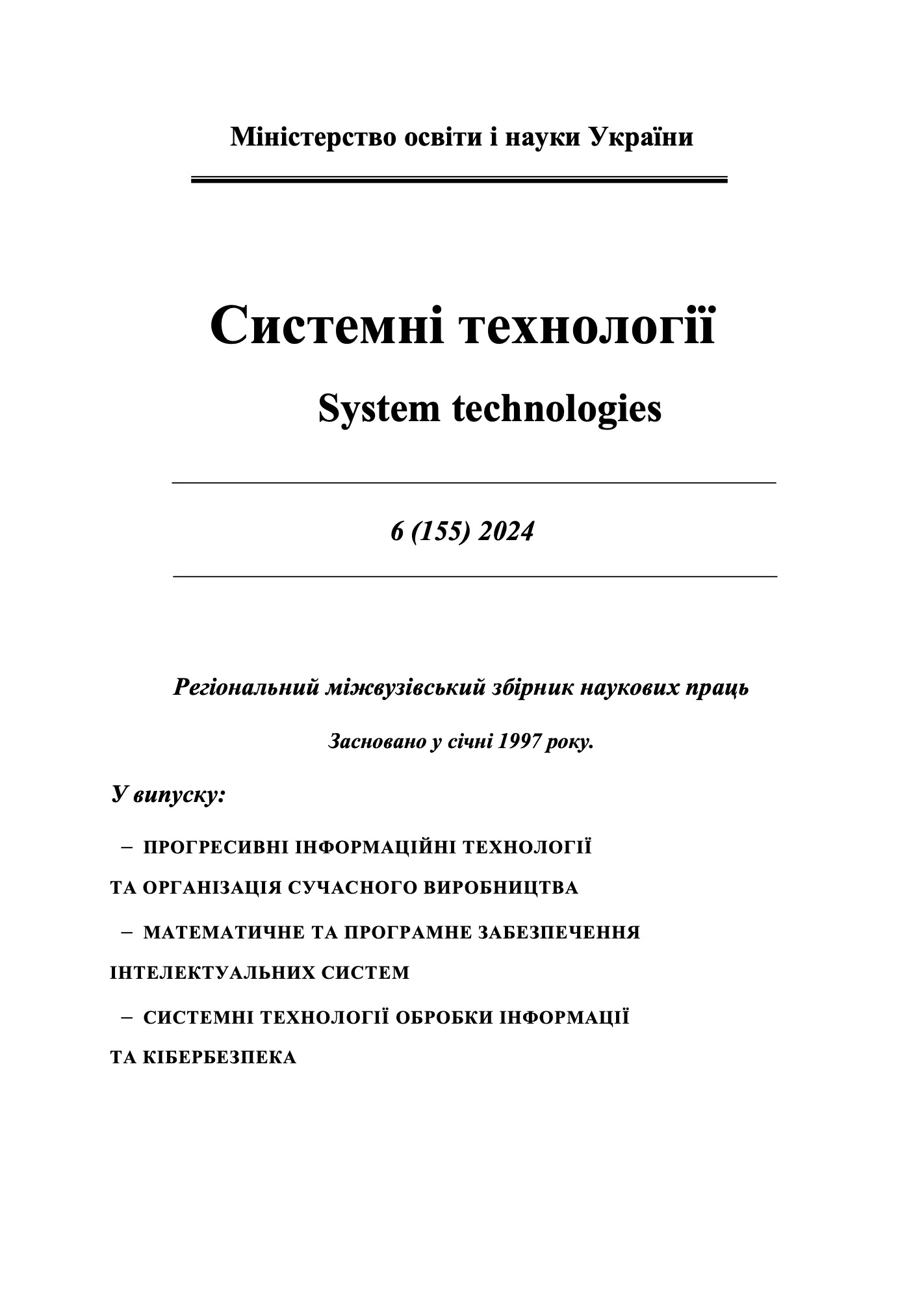Integrated neuronetwork modeling of EEG for diagnostic disorders of brain activity
DOI:
https://doi.org/10.34185/1562-9945-6-155-2024-10Keywords:
neural network, electroencephalography, time series, prediction, activation function, chaotic dynamics.Abstract
The article discusses the structured multistage modeling of EEG by means of applied mathematics to customize the input parameter space for neural network prediction. Also, the approaches and models are analyzed for their accuracy in determining the relevant signal features and adaptability to real data. The activity of potentials during brain activity is a biological process that depends on many factors and hides a space of parameters, the search for which and their definition can open us up to a new perspective on the nature and activity of the human brain. A rational way of obtaining data on brain activity is a non-invasive electroencephalogram, which registers the potential difference on the electrodes relative to the base. For further processing of the received data, it is necessary to remove noise and artifacts from them. In this work, a stan-dard algorithm of frequency filtering and filtering from noise caused by the power grid is used. After processing the data, an overview of mathematical models is offered, which with a certain degree of accuracy try to simulate the behavior of the signal or the peak moments of certain features. Added to this is the use of the LSTM model to predict the further behavior of the signal with the preliminary introduction of chaos into the model due to the modified activation function (Gaussian noise) and the input modeling of the weights.
References
Rupak Kumar Das., Dale Dowling., Arshia Khan. (2023). A Survey on EEG Data Analysis Software. Sci, 5(2):23-23. doi: 10.3390/sci5020023
Vicchietti ML, Ramos FM, Betting LE, Campanharo ASLO. Computational methods of EEG signals analysis for Alzheimer's disease classification. Sci Rep. 2023 May 20;13(1):8184. doi: 10.1038/s41598-023-32664-8
Giovanni Chiarion., Laura Sparacino., Yuri Antonacci., Luca Faes., Luca Mesin. (2023). Connectivity Analysis in EEG Data: A Tutorial Review of the State of the Art and Emerging Trends. Bioengineering, doi: 10.3390/bioengineering10030372
Seonjoo Lee, Haipeng Shen, Young K. Truong. Nonparametric Independent Component Analysis for the Sources with Mixed Spectra. doi: 10.48550/arxiv.2212.06327
Zhong-Ke Gao., Yanli Li., Yu-Xuan Yang., Na Dong., Xiong Yang., Celso Grebogi. (2020). A Coincidence-Filtering-Based Approach for CNNs in EEG-Based Recognition. IEEE Transactions on Industrial Informatics, doi: 10.1109/TII.2019.2955447
Maliheh Miri., Vahid Abootalebi., Hamid Saeedi-Sourck., Dimitri, Van De Ville., Hamid Behjat. (2023). Spectral Representation of EEG Data using Learned Graphs with Application to Motor Imagery Decoding. bioRxiv, doi: 10.1101/2022.08.13.503836
Marius Georgescu., Laura Haidar., Alina-Florina Serb., Daniela Puscasiu., D. Georgescu. (2021). Mathematical Modeling of Brain Activity under Specific Auditory Stimulation.. Computational and Mathematical Methods in Medicine, doi: 10.1155/2021/6676681
Martine, Canada., Ness. Einevoll., Fellin. Panzeri. (2020). Computation of the electroen-cephalogram (EEG) from network models of point neurons. bioRxiv, doi: 10.1101/2020.11.02.364802
Raden Aurelius, Andhika. Viadinugroho., Rosadi. Dedi. (2021). Long Short-Term Memory Neural Network Model for Time Series Forecasting: Case Study of Forecasting IHSG during Covid-19 Outbreak. doi: 10.1088/1742-6596/1863/1/012016
Inkin O.A., Pogorelov O.V. (2024). EEG modeling using deep neural networks. doi:10.34185/1562-9945-3-152-2024-06
Belozyorov V. Y., Inkin O. A. (2023). Systems of singular differential equations as the basis for neural network modeling of chaotic processes. Journal of Optimization, Differential Equations and Their Applications, 31(2), 24. https://doi.org/10.15421/142309
Downloads
Published
Issue
Section
License
Copyright (c) 2025 System technologies

This work is licensed under a Creative Commons Attribution 4.0 International License.















